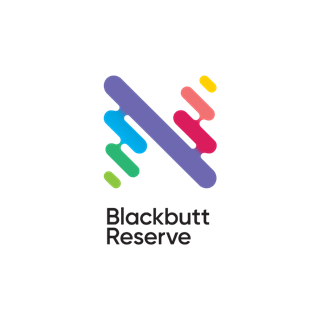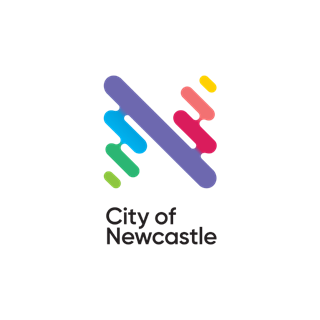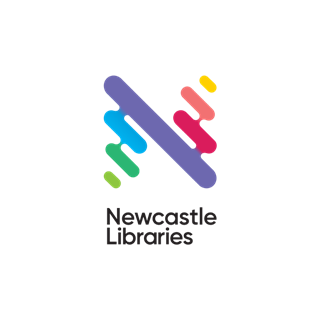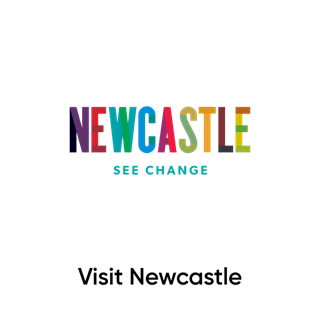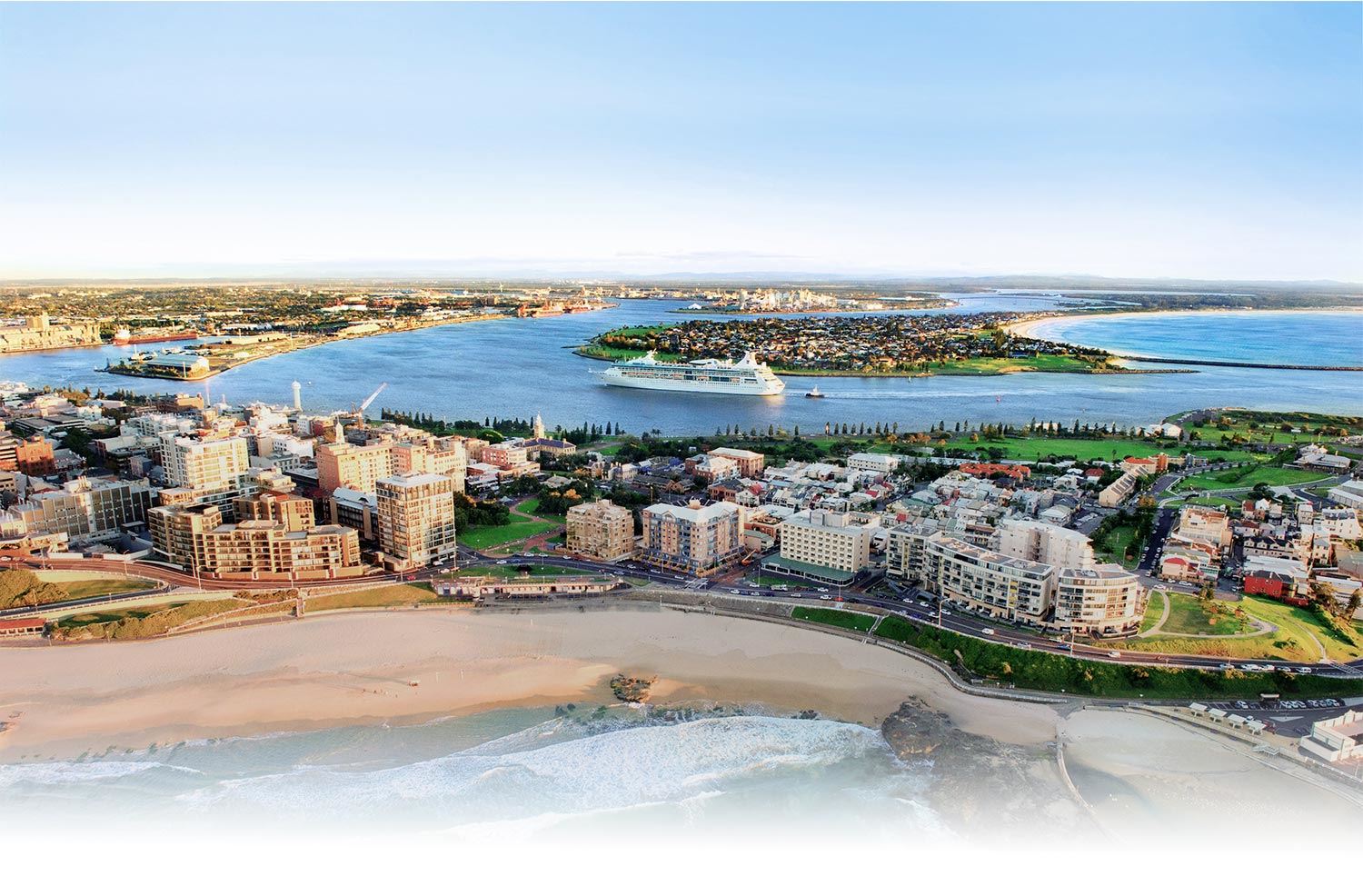
Empowering Newcastle
Taking action on climate change will take all of us. That's why we're working with our community to switch to renewable energy, electrify, and create a net zero future.
Empowering Newcastle is our award-winning community climate action program. We’re helping residents create homes that are healthy, energy-efficient, all-electric, and powered by renewables. Learn more about our programs and services for residents, apartments and small businesses below.
Homeowners
Find out more








